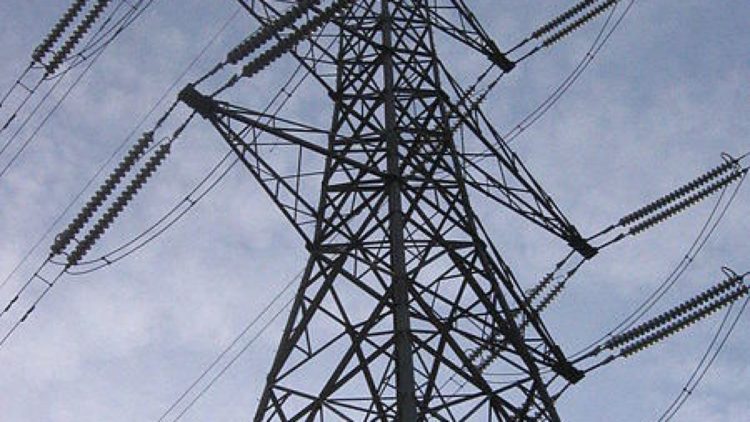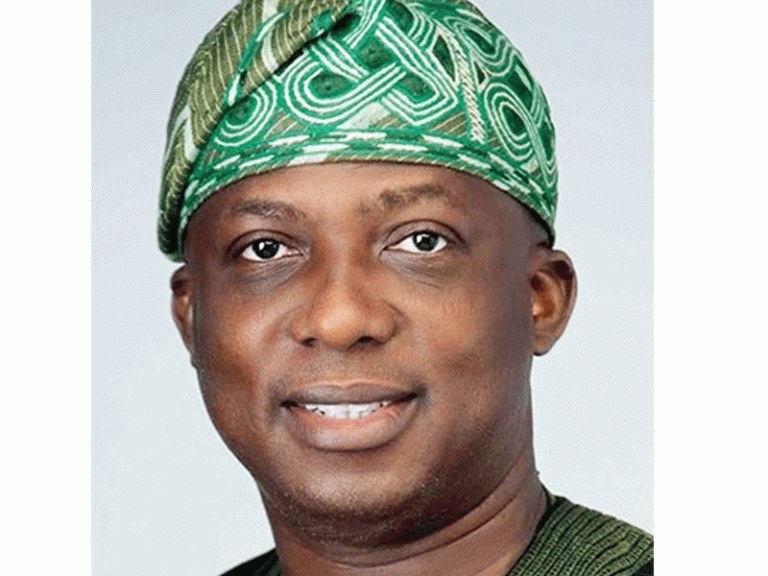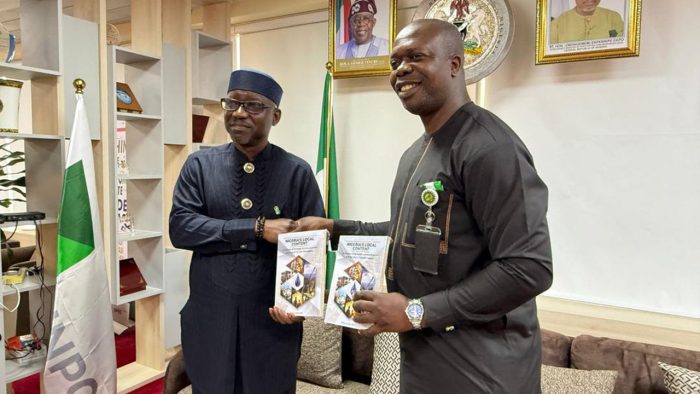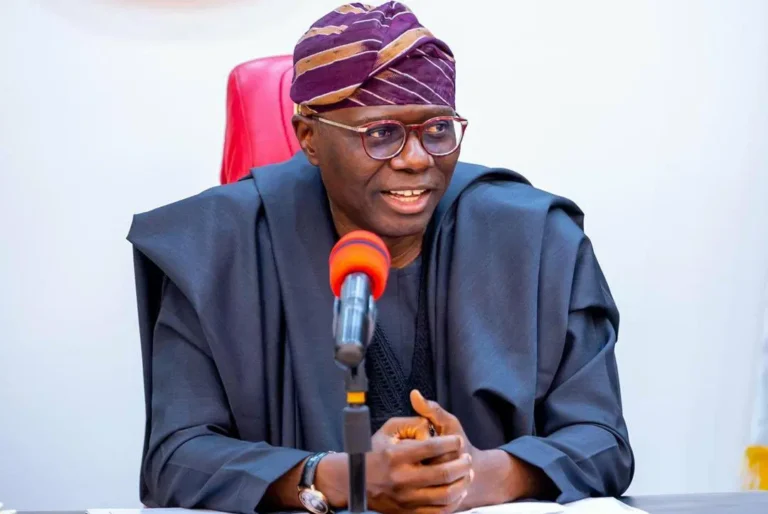
Nigeria’s persistent power challenges are costing the economy an estimated $26 billion annually, according to the Africa Trade Barometer report by Standard Bank.
The report also revealed that businesses in the country spend around $22 billion yearly on off-grid fuel to offset the impact of unreliable electricity, further driving up operational costs.
It read: “In Nigeria, surveyed businesses must contend with a national grid that frequently collapses as it fails to meet a daily peak demand which is nearly four times its generation capacity. Economic losses arising from Nigeria’s electricity shortages are estimated to be USD 26 billion annually, without accounting for spending on fuel for off-grid generators, which is estimated to be a further USD22 billion.”
Electricity supply was identified as a critical barrier to business operations in Nigeria and across other African markets.
The report highlighted the impact of power outages, explaining that blackouts disrupt production, compromise the quality of temperature-sensitive goods, disrupt water supplies, and affect telecommunications infrastructure critical for payment systems. These disruptions result in reduced sales and income for businesses.
“Across the 10 African markets, power supply infrastructure remains the most severe obstacle to surveyed businesses’ operations. It is reported as one of the most poorly perceived infrastructural attributes as well as the one presenting the most severe obstacle to business operations.
“Blackouts cause a downtime of production, risk the quality of goods that require controlled environments, impact water supply, and affect telecommunications infrastructure which businesses may rely on for payments. The result is reduced sales and income,” it noted.
To address these challenges, the report emphasized the need for a diversified energy mix to reduce dependence on the national grid. It also called for policy interventions to stabilize electricity generation and attract investment into renewable energy solutions.
What you should know
The Association of Power Generating Companies (APGC) recently said that the national grid has collapsed 162 times in the last 11 years.
- On October 19, the national grid collapsed for the eighth time in 2024, with the first recorded on February 4.
- Following the removal of electricity subsidies for Band A customers, Minister of Power Adebayo Adelabu announced that the government saved approximately N1.4 trillion annually.
- However, the power sector still faces significant challenges. Underinvestment, outdated infrastructure, and liquidity constraints continue to hinder the ability of DisCos to meet growing consumer demand efficiently. Many DisCos are struggling with inadequate funding to upgrade networks, improve metering systems, and reduce power losses. These issues have made it difficult for the sector to achieve the reliability and service quality expected by consumers.
The reform agenda of the current administration under President Tinubu aims to address these lingering challenges. Minister Adelabu has reiterated that the government is committed to phasing out subsidies entirely and ensuring tariffs reflect the actual cost of electricity generation and distribution.
The reform plan also includes strategies to attract private investment into the sector to boost capacity and service delivery.
- Nairametrics earlier reported that Nigeria has secured at least $1.25 billion in loans from the World Bank and the African Development Bank (AfDB) to boost electricity supply under the administration of President Bola Tinubu.
- On December 14, 2023, the World Bank approved the $750 million Distributed Access through Renewable Energy Scale-up (DARES) project in Nigeria.
- More recently, on July 31, 2024, the African Development Bank Group (AfDB) approved a loan of $500 million to the Federal Republic of Nigeria to help transform the country’s electricity infrastructure and improve access to cleaner energy sources.
- Nigeria has also secured approval of nearly $2 billion in loans from multilateral organisations, especially the World Bank before Bola Tinubu became president.
Despite all the loans approved to Nigeria, the power sector still struggles as Nigerians face poor electricity supply.
SOURCE: LEADERSHIP




